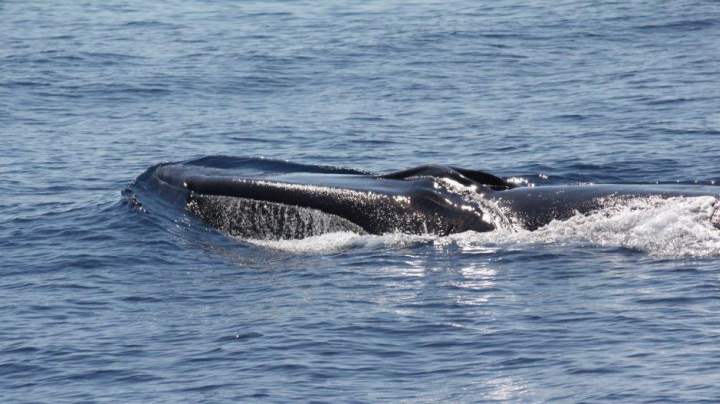
The Mediterranean is noted for its high biological diversity: it is one of the richest seas in the world for flora and fauna, especially in the coastal area, with a high degree of endemism. Its rich biodiversity represents 8%-9% of the total of the world’s marine species, a notable fact given that the Mediterranean represents a mere 0.32% of the total volume of the planet's oceans. There is a consensus that it will be one of the regions worst affected by global warming, and its sea is already seeing a considerable rise in its surface-water temperatures. This temperature rise is leading to a change in the structure and composition of food webs and an overall reduction in the size of fish and the productivity of their populations. Because of the cascade mechanism, all this will have an important impact on top-predator populations, such as cetaceans and chondrichthyes.
Stable isotopes, mainly those of nitrogen and carbon, are commonly used markers in marine animals for determining the composition of their diets, trophic relationships and type of habitat used. This technique has been regularly used in vertebrate studies; the Department of Evolutionary Biology, Ecology and Environmental Sciences at the University of Barcelona has extensive experience in this field, as demonstrated by the various collaborations already carried out by this research group and Barcelona Zoo itself, through several PRIC scholarships.
The information produced by this proposal will establish a knowledge base to enable future changes in the ecosystem to be assessed and monitored. The result will be relevant, not just for monitoring of climate change in the Mediterranean, but also for the conservation of cetaceans and chondrichthyes, two of the most seriously endangered vertebrate groups in our waters, and for managing fishing resources.



